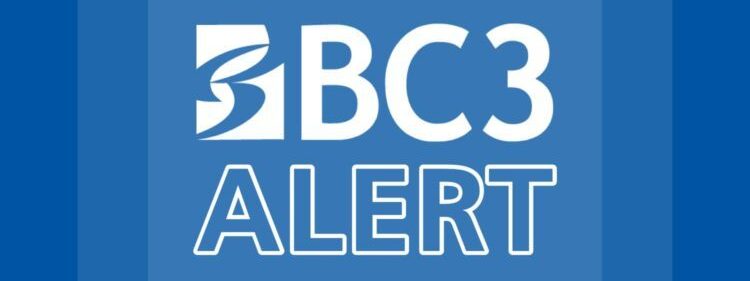Following Thanksgiving week, Butler County Community College in Pennsylvania and Lewis and Clark Community College in Illinois briefly closed their campuses to recuperate from cyberattacks. Both schools’ information technology departments stated on social media on Nov. 24 that they were experiencing service concerns.
According to announcements on the school’s website, Butler County Community College was targeted by a ransomware operation on Nov. 19, the same day its IT staff told campus of maintenance on multiple systems. Five days later, IT staff began to notice problems.
Lewis and Clark, located about 40 miles south of St. Louis in southern Illinois, has not described the sort of assault it is facing. Still, it stated Sunday that classes would be canceled, and campuses would be closed this week for required recovery time for their IT systems. Students won’t get punishment for missing assignments due to outages, as per a Facebook post.
According to Butler County Community College’s website, all classes scheduled to be held remotely on Monday and Tuesday have been canceled to prevent coronavirus transmission during the last week of the semester.
“We understand that the ongoing IT situation is deeply frustrating. The College will work with students to adjust assignments and deadlines as necessary for their courses. Students will not be penalized for delays caused by this ongoing situation. Further information will be posted on news.bc3.edu as it becomes available,” the college’s announcement reads.
The attacks are part of a growing pattern of higher education and other organizations being targeted by cybercriminals. Ahead of Thanksgiving, federal authorities issued a warning to remain careful throughout the holiday, highlighting several 2021 attacks around or near holidays. A ransomware attack on Howard University in Washington, D.C., occurred just before Labor Day, while high-profile attacks on the Colonial Pipeline and meat supplier JBS happened around the holidays.
Many colleges schedule their final test sessions just following Thanksgiving. Experts told EdScoop in September that attackers frequently time cyberattacks around high-demand periods, such as administrative deadlines, to heighten the urgency of their attacks.







